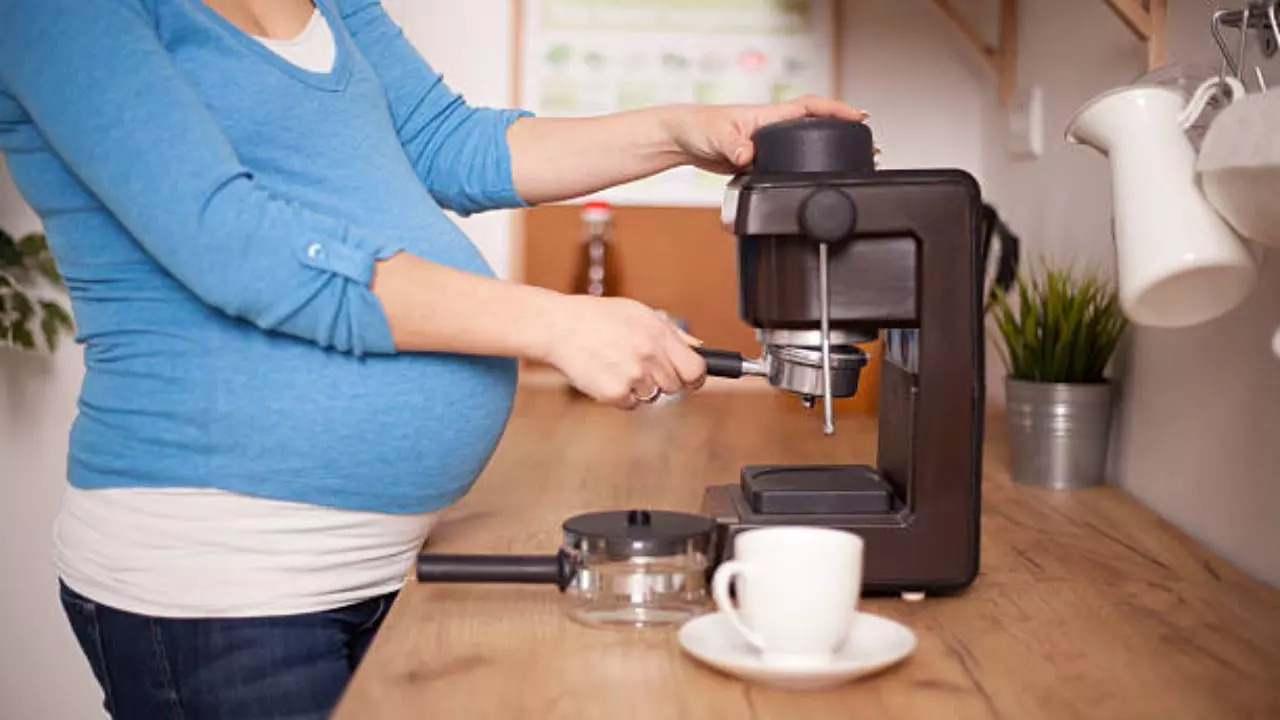New research from the University of California, San Francisco's Benioff Children’s Hospital suggests that caffeine may play a crucial role in preventing cerebral palsy in newborns, particularly in cases linked to birth asphyxia. This disabling condition often arises when there is a reduction in oxygen supply during or shortly after childbirth, leading to serious neurodevelopmental disorders. The study, led by neonatologist Dr Emin Maltepe and pediatric intensivist Dr Jana Mike, was published in the journal Stroke on October 21.
Their investigation involved administering caffeine to pregnant sheep, with promising results that could have significant implications for both maternal and neonatal health. Dr Maltepe explained how caffeine might mitigate the effects of asphyxia. “Caffeine has previously proven to be safe in stimulating the respiratory centres of preterm babies and helping them remember to breathe,” he noted.
Its ability to cross the blood-brain barrier and its properties as a potent antioxidant and anti-inflammatory molecule could make it a valuable therapeutic agent in this context. In the study, 30 pregnant sheep received either a single intravenous dose of caffeine, equivalent to about 10 cups of coffee, or a placebo. After inducing asphyxia in their newborn lambs, some received a substantial caffeine dose followed by lower doses over the next two days, while others were given a placebo.
The results were notable: lambs treated with caffeine exhibited signifi.


















